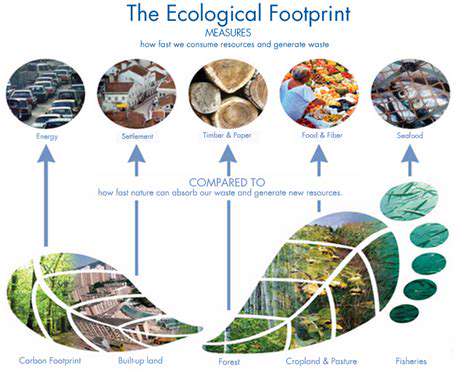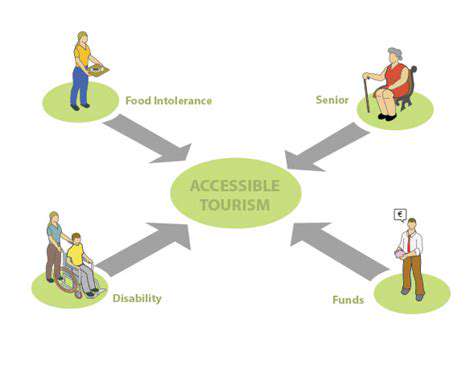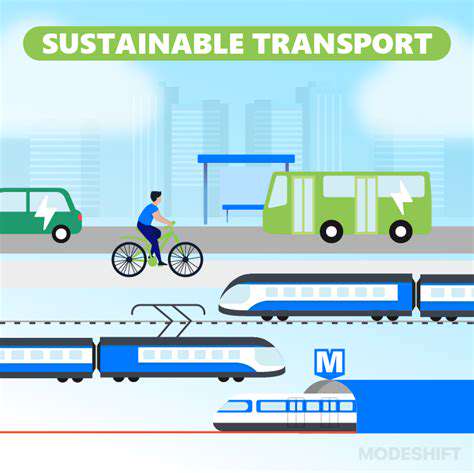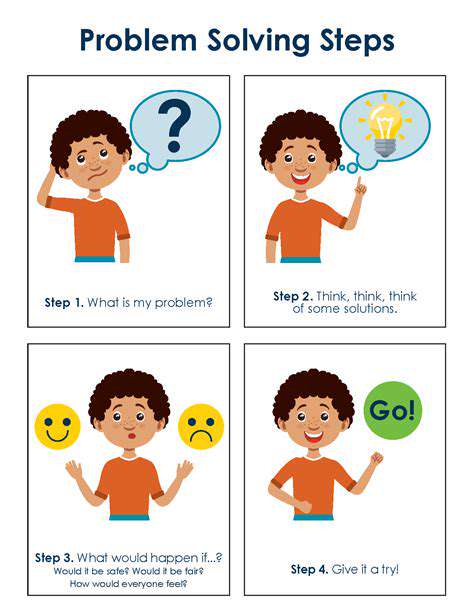Guide to Voluntourism: Giving Back While Traveling
Choosing the Right Voluntourism Activity
Matching your skills to community needs creates the most rewarding experiences. A graphic designer might help a women's cooperative develop packaging, while healthcare students could assist with preventive medicine campaigns. The sweet spot lies where your abilities meet authentic local priorities - not where you imagine being most needed.
Seasoned volunteers recommend starting with shorter commitments to test the waters. Many find that returning to the same community multiple times allows for deeper impact than hopping between locations. Relationship-building matters more than passport stamps in creating meaningful change.
Ethical Considerations in Voluntourism
Thoughtful voluntourism begins with humility - recognizing we're guests, not saviors. The most ethical programs center local knowledge, whether it's construction techniques perfected over generations or community-developed solutions to local challenges. Volunteers should come ready to listen first, then contribute.
Environmental responsibility forms another critical consideration. From carbon offsetting flights to minimizing plastic waste, eco-conscious choices demonstrate respect for host communities already facing climate change impacts. Many organizations now incorporate sustainability training into their orientation programs.
Finding Reputable Voluntourism Opportunities
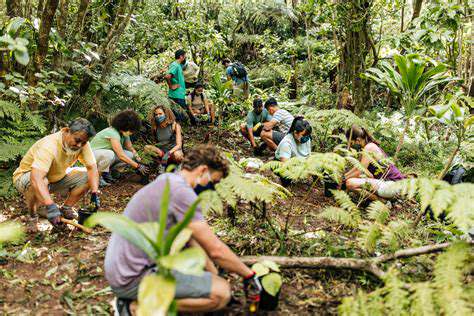
Finding Reputable Organizations
The best voluntourism providers function more like matchmakers than tour operators, carefully pairing volunteer skills with community-identified needs. Look for organizations that publish annual impact reports and can connect you directly with their local partners. Be wary of any group that can't explain exactly how your fee gets distributed.
Red flags include vague project descriptions, lack of local staff involvement, or promises that sound too good to be true. Authentic partnerships take time to develop - be skeptical of organizations claiming to work with dozens of communities simultaneously. Depth beats breadth when creating real impact.
Understanding the Impact of Your Volunteer Work
Impact measurement separates serious programs from voluntourism-lite. Ask how the organization tracks long-term outcomes beyond volunteer satisfaction surveys. Do they monitor how many students continue education after their tutoring program? Track reforestation survival rates? These metrics reveal true commitment.
The most ethical models create systems where communities eventually no longer need outside volunteers. Look for programs building local capacity through skills transfers or creating sustainable income streams. Your presence should help make future volunteers unnecessary, not create dependency.
Evaluating the Safety and Ethical Considerations
Responsible organizations conduct thorough risk assessments for each location and activity. They should provide clear guidelines on cultural norms, dress codes, and appropriate behavior. Child protection policies are non-negotiable - any work with minors requires rigorous vetting and supervision protocols.
Ethical concerns extend to photography and storytelling too. Always obtain explicit consent before sharing images or stories, and consider how your social media posts might perpetuate stereotypes. Many organizations now provide training on ethical documentation practices.
Choosing the Right Project for Your Skills and Interests
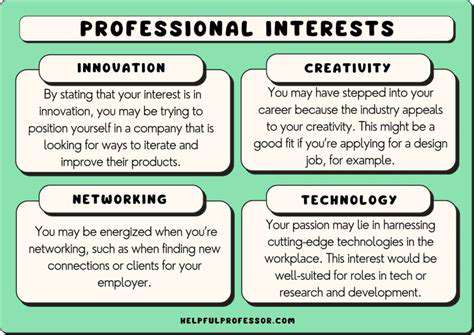
Understanding Your Skills and Interests
Honest self-assessment prevents frustration on all sides. While enthusiasm matters, overestimating your abilities can create problems for host organizations. Many skilled tradespeople find their expertise translates beautifully - carpenters, gardeners, and mechanics often contribute immediately.
Language skills dramatically expand opportunities. Even basic local language ability demonstrates respect and opens doors to more meaningful interactions. Consider investing in language preparation as part of your voluntourism budget - it's often the difference between superficial and profound experiences.
Considering Project Scope and Feasibility
Short-term volunteers often contribute most effectively to discrete projects with clear parameters - painting classrooms, conducting wildlife surveys, or assisting with specific events. Multi-week commitments allow for more complex contributions like curriculum development or infrastructure projects.
Seasonality affects many programs. Agricultural projects follow planting cycles, while school-based work aligns with academic calendars. Flexibility with dates often leads to better matches between your skills and community needs. Off-season volunteering sometimes offers the deepest cultural immersion opportunities.
Remember that the most satisfying projects often aren't the most Instagrammable. Behind-the-scenes work like database creation or equipment repair can make enormous differences to local organizations. Ask potential hosts about their unsexy but critical needs.






